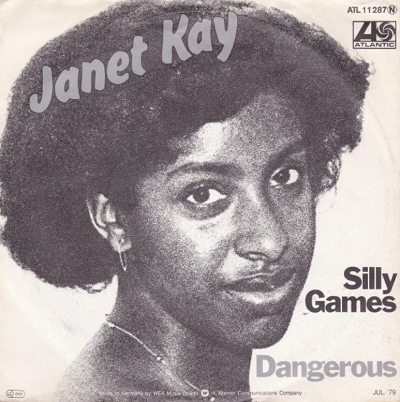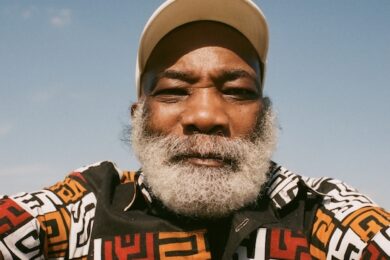9. Janet Kay

As featured recently in Steve McQueen’s magnificent Small Axe, could you tell us about that scene and your cameo?
I wanted to play a bus conductor! My dad came to this country in 1958 and he was a bus-conductor, he was the guy who had that machine on his hip issuing tickets. There was a part for a bus-conductor but instead Steve said he wanted me to play the neighbour upstairs at the party where ‘Silly Games’ played. He didn’t tell me he was filming me, and I thanked him because he had the presence of mind to politicize that song – that line “We’ve got no time to live this lie, to play these silly games” – he really gave it that political aspect that even I wasn’t aware of at the time.
‘Silly Games’ is just totally different structurally and sonically from other reggae songs of that period isn’t it?
Yes, deliberately so. I set out directly to write a hit, and I pictured a girl in her room singing into a hairbrush and I knew that that moment where Janet goes high was going to be a moment. Most reggae songs either didn’t have choruses or followed conventional reggae structures – ‘Silly Games’ for me took on everything I’d learned from songwriters like the Beatles, it was a pop song structurally, verses, choruses, a bridge, a little tickle at the end, all the parts with slightly different rhythms – perfect for the dance. And I wanted it to sound different too. Only 3 people are on that record. I play guitar, bass and synthesizer, Janet sings and the drums are by Zebbie from Aswad. The drums were key – the hi-hats are playing afrobeat, the kick is disco, there’s some Ghanaian hi-life in there as well. I knew how I wanted it to sound but I knew I couldn’t play it for three-minutes straight – Zebbie loved it and nailed it – juggling all these styles – and threw in a few fills as well that I couldn’t predict but that really worked with the lyrics and emotion of those moments. I was in that position of playing on the record but also the writer and the engineer and that was key in getting the sound I wanted.
As a musician, a producer, and a DJ at the time you must have been in a unique position to actually road test new songs with the people who really matter – the dancers.
Yes, just across from my studio I’d play in a youth club called the Metro Money every Friday night and I’d play my own dubplates – to see how the people reacted to things and test things on a sound-system, I loved that, that feeling of being tested and letting new sounds just fly out there. Always fascinating seeing people’s reactions immediately like that.


